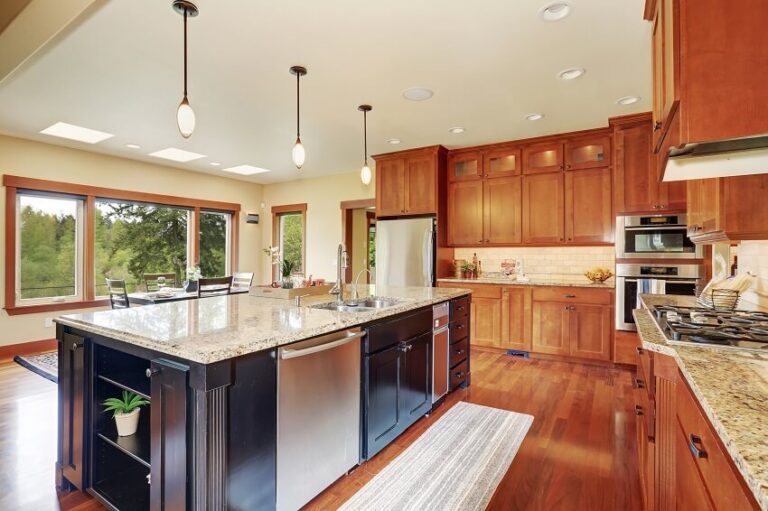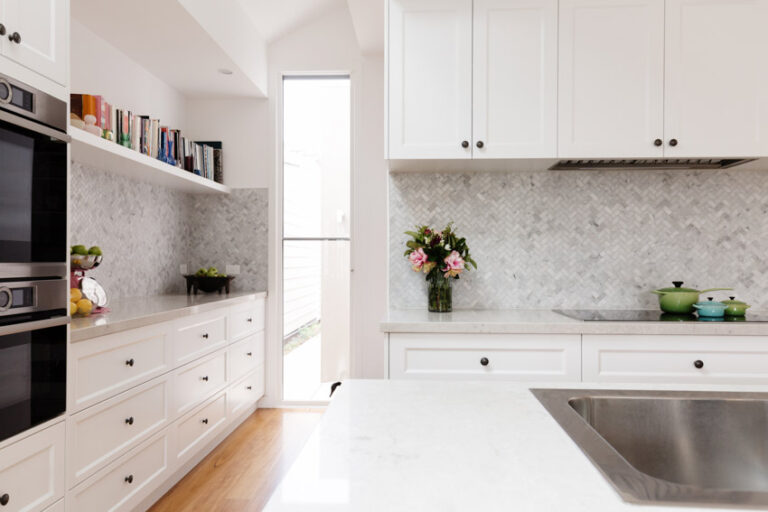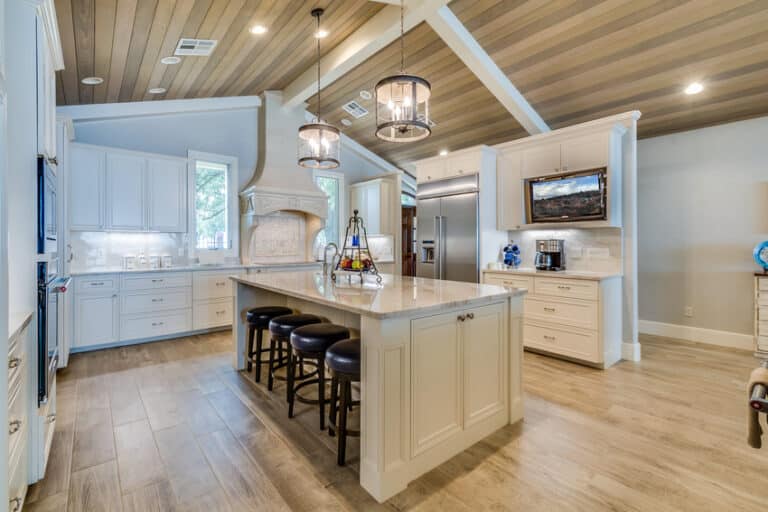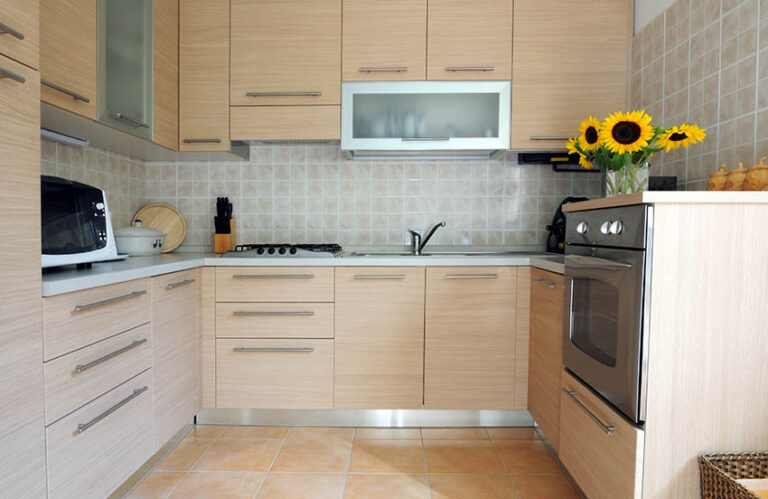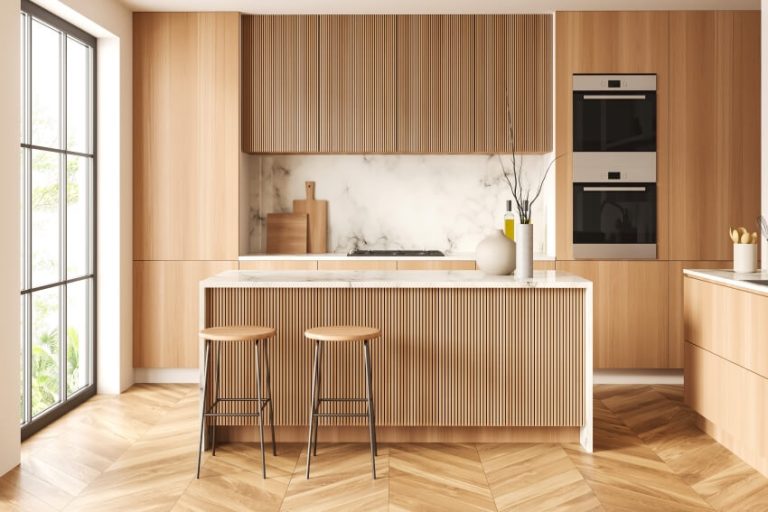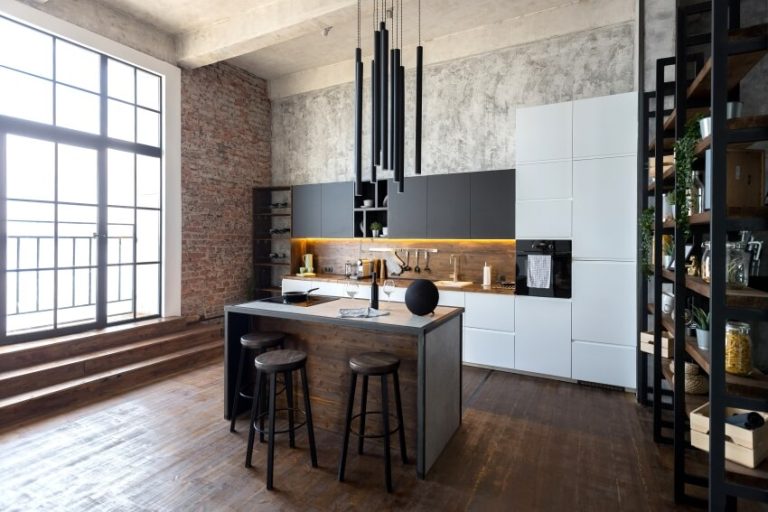Baubuche Countertops (Laminated Beech Wood)
Below is our baubuche countertops design guide including its history, benefits, cost, thickness and difference to other laminated veneer lumber-made countertops.
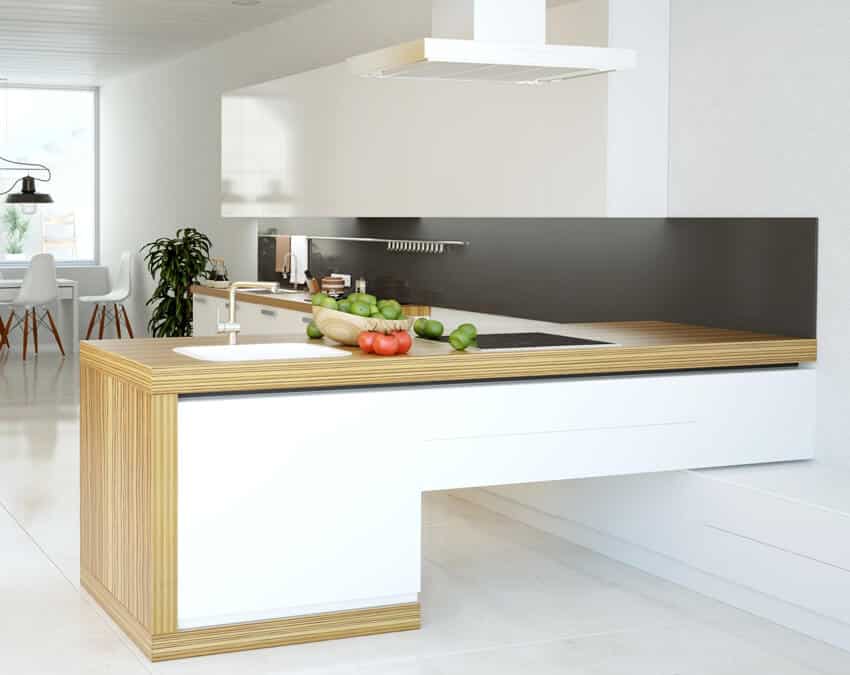
Indeed, Baubuche countertops are gradually becoming well-known as it offers beneficial features that every homeowner and kitchen enthusiast will surely appreciate. In this article, we will talk about what Baubuche countertops are and why they are a great option.
Brief History Of Baubuche
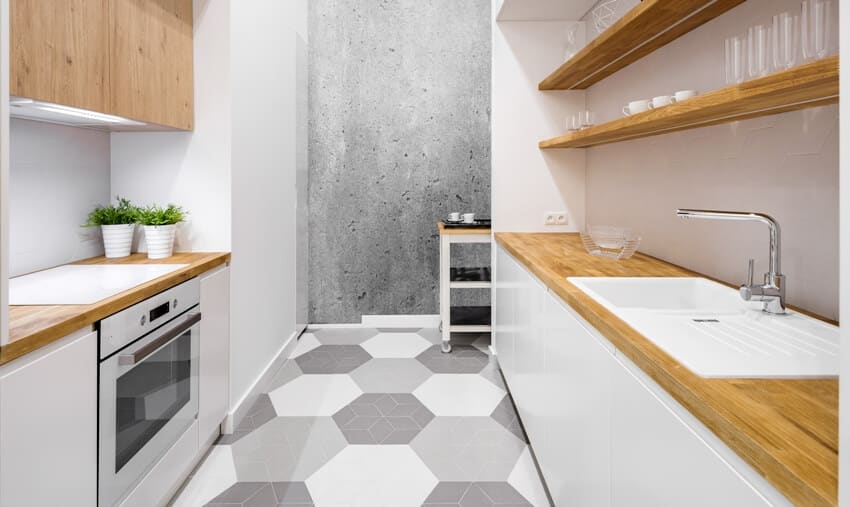

Upload a photo and get instant before-and-after room designs.
No design experience needed — join 2.39 million+ happy users.
👉 Try the AI design tool now
In its development, they exclusively employ raw resources derived from local, sustainably maintained forests. The tree is mechanically trimmed in one of Europe’s most advanced manufacturing factories and turned into a high-tech substance with little resource value loss. There is just one production line for this.
Panels and beams for structural timber building, as well as boards for furniture and interior design, can all be produced using Baubuche.
What Are Baubuche Countertops?
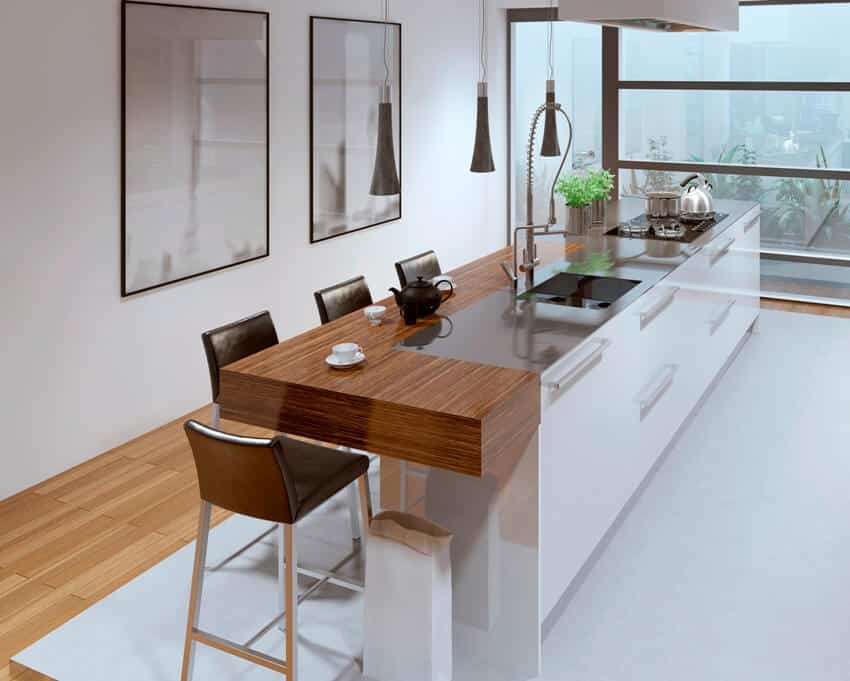
BauBuche’s extraordinary strength enables constructions to be built with substantially smaller dimensions than softwood alternatives. Baubuche is indeed appropriate for countertops due to its great surface quality. This is why Baubuche has been a favorite choice for constructing countertops.
The Baubuche panels for countertops are exceedingly long-lasting and easy to maintain. Baubuche panels can be easily cut and adjusted using a machine in the same way as solid oak or hardwood planks are. The panels are perfect for uncovered applications due to their beautiful veneer layer arrangement.
Baubuche constructions are priced at the same level as traditional softwood structures due to their cost-effective manufacturing technique. These countertops are long-lasting, tough, stylish, attractive, and cost-effective. Check out more wood kitchen countertops design ideas here.
This type of countertop is composed entirely of wood. It does not use any composite or plastic components. For Baubuche countertops, any varnish or paint that is suitable for solid hardwood can be applied. Surfaces that have been sanded are ideal for staining, painting, waxing, and oiling.
Benefits Of Using Baubuche-Made Countertops?
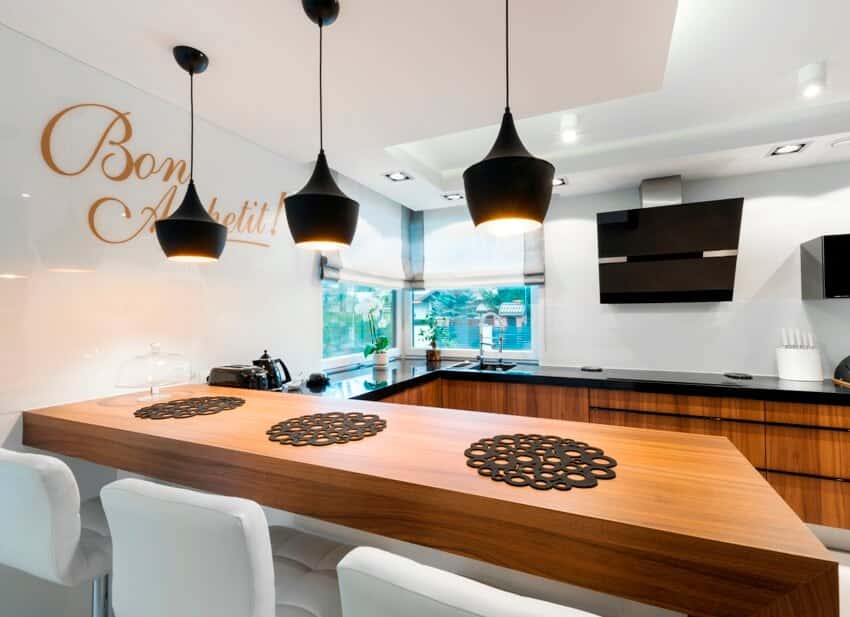
While Baubuche is less costly to manufacture, the construction cost is comparable to that of traditional softwood alternatives. Read more about our beech countertops kitchen design guide here.
Countertops that are made out of Baubuche will, without a doubt, be less expensive. However, these are some of the major benefits of using Baubuche countertops:
• BauBuche is as uncomplicated to work with as solid wood and is suitable for visible building structures.
• Because of its great density and uniformity, it uses fewer connections and hence saves money.
• Countertops that are made out of Baubuche are cost-competitive due to efficient manufacture and material usage.
• It makes use of locally sourced raw components from legally certified sustainable forests.
• Baubuche is beneficial for both the people and the environment since the trees are used to make it create oxygen and store carbon dioxide.
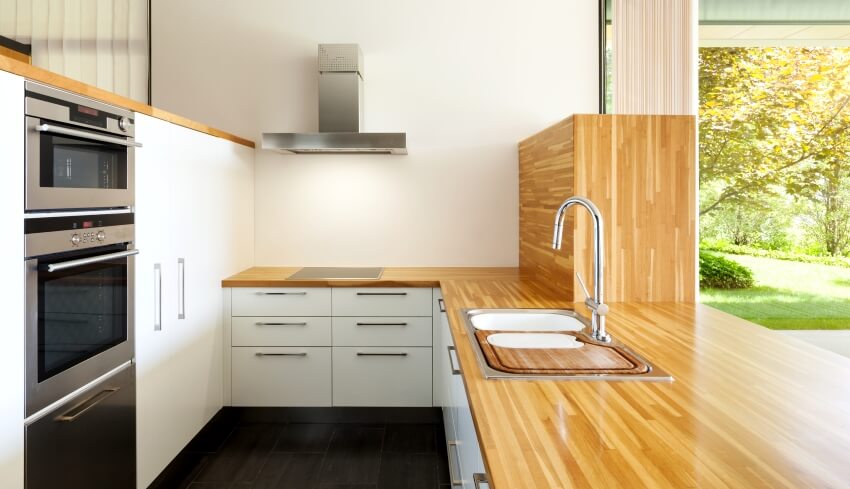
• Baubuche can be utilized in a number of ways in woodworking, interior architecture, and furniture-making.
• BauBuche’s load-bearing capability allows for smaller dimensions and cross-sections in wood structure, resulting in more space and less waste.
• It is appropriate for larger spans.
• It could be used for everything from the tiniest component to 18-meter-long boards and beams.
• Baubuche expands the range of laminated veneer timber options with superior beauty and unrivaled strength.
• It stands out for its exact 3.0 mm veneer layer structure and outstanding surface texture, making it an excellent choice for countertops.
Differences Of Baubuche Countertops Compared To Laminated Veneer Lumber-Made Countertops
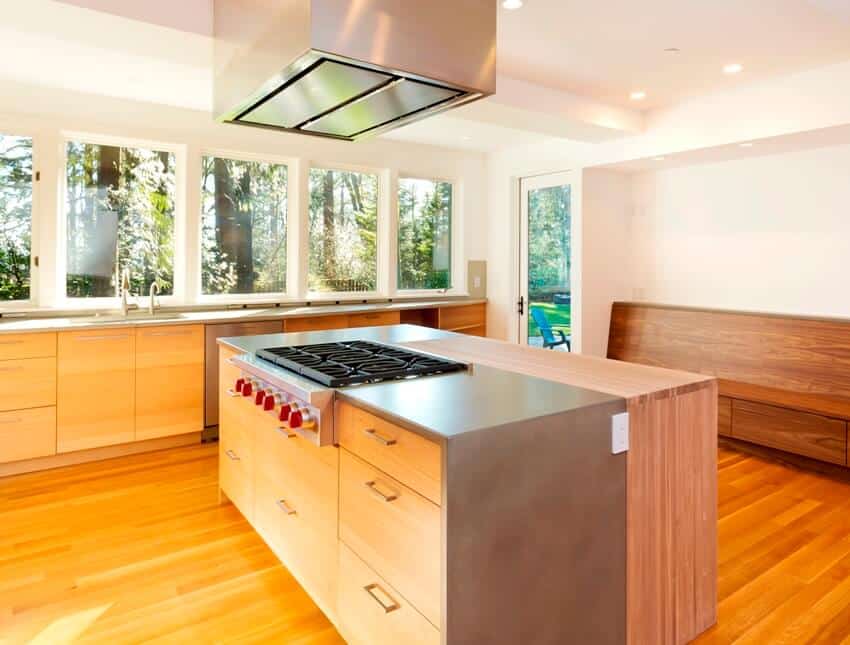
The utilization of beech provides much greater strength than any other structural timber product, as well as superior surface quality and a more attractive hardwood appearance.
Baubuche, unlike plywood, can be a greater choice for countertops due to its better surface and resistance to various elements. The bending strength, elasticity, and density of Baubuche countertops are much higher than conventional wooden countertops.
Baubuche Countertop Cost
The common cost of Baubuche countertop panels is around $95 to $170 per square meter. The prices may vary as it will depend on the texture, finish, and manufacturer.
How Thick Is A Baubuche Veneer Countertop?
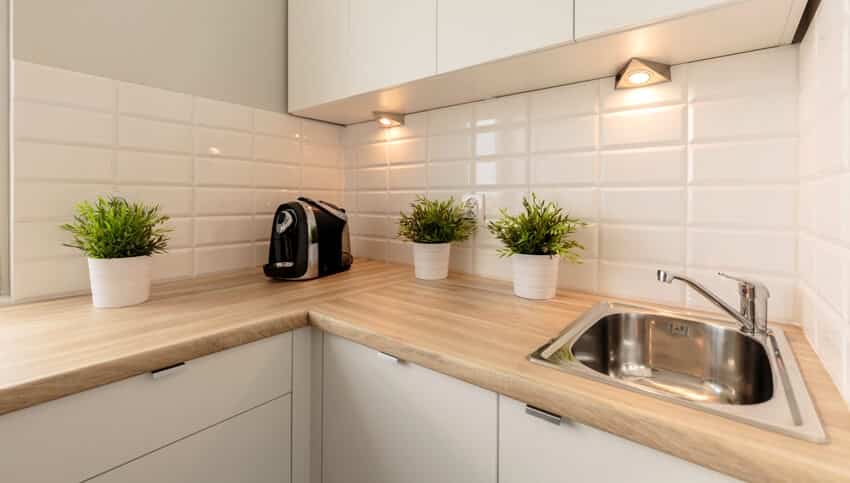
Normally, thicker Baubuche panels are heavy and difficult to handle. It might also be hard to cut the 45-degree angles.
However, once the pieces are reduced a little, the necessary cuts could be accomplished. Using a grinder or a rotary saw, the countertop cuts can be relatively easy to execute,
Further Information About Baubuche Countertops
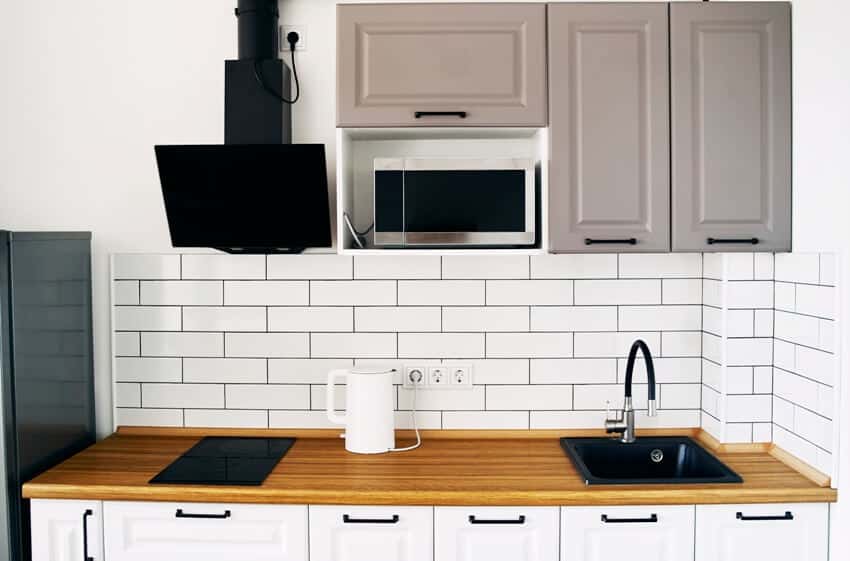
In the manufacturing of laminated veneer timber, phenolic resin glue is utilized since it is cost-effective, has high-tensile strength, is water-resistant, and, most significantly, does not emit formaldehyde.
The strength of Baubuche is unaffected by a quick interaction with water. However, Baubuche might expand and stains may appear. We suggest using a protective varnish to make your Baubuche countertop more waterproof if it is in continuous contact with moisture.
See our guide to butcher block countertops pros and cons for more related content.

